Universities peak body highlights political fallout of the cap on international enrolments
Labor-held seats have been hardest hit by the clampdown on international student numbers in a bid to curb net migration, foreshadowing more political pain for Anthony Albanese.
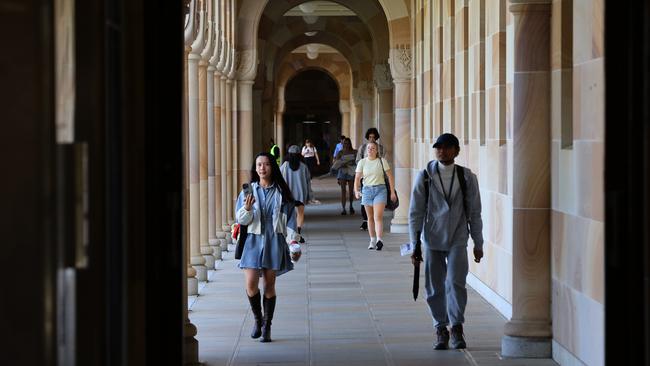
Labor-held seats have been hit hardest by the government’s clampdown on international student numbers in a bid to curb net migration, foreshadowing more political pain for Anthony Albanese in the lead-up to the federal election.
A new analysis has revealed 12 of the 20 universities that saw foreign student numbers fall because of a controversial ministerial direction that resulted in student visa rejections soaring are in Labor-held electorates.
Under Direction 107, introduced in December by former home affairs minister Clare O’Neil, who ordered her department to prioritise visa applications from institutions deemed “low risk”, only 242,432 foreign students were granted a visa between January and August.
The figure marks a significant decline from the 577,295 international students granted a visa in 2022-23 and 376,731 in 2023-24.
The ministerial direction is estimated to have cost the nation’s economy $4bn.
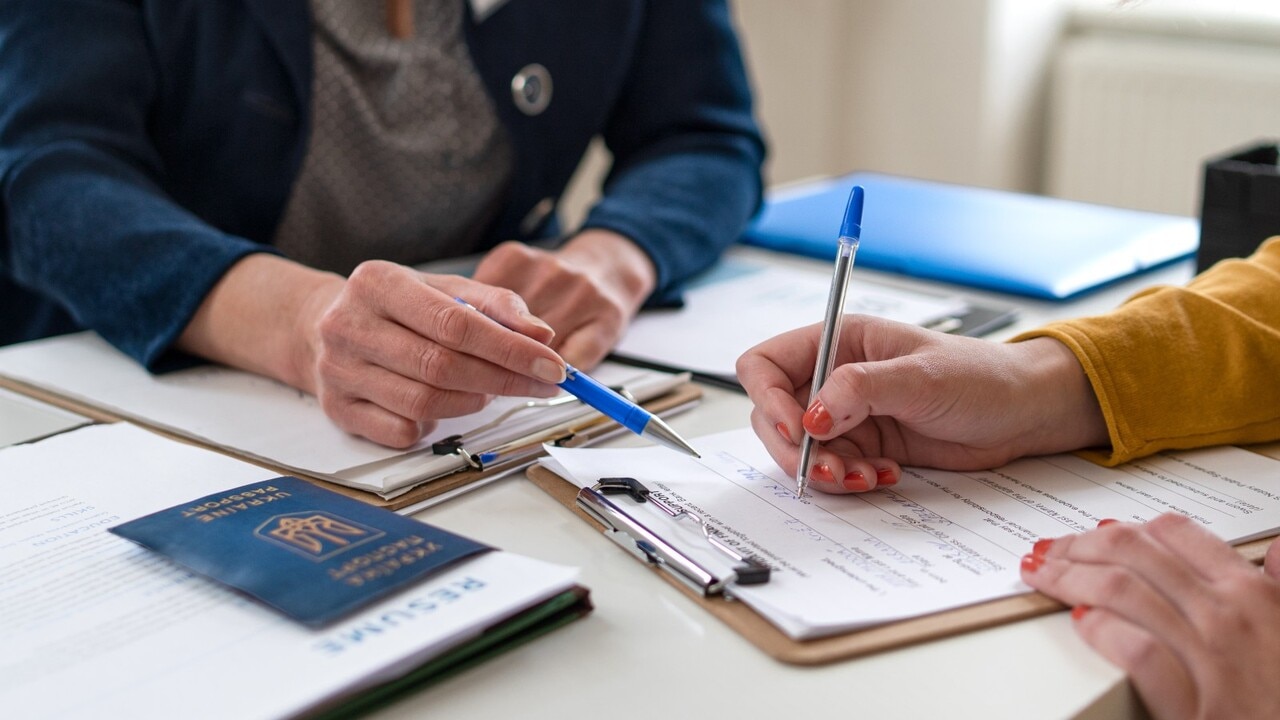
An analysis by Universities Australia revealed that Labor electorates lost almost $800m in revenue because of the policy, with Transport Minister Catherine King’s division of Ballarat suffering the worst economic hit at $137m, after shedding 1864 students between 2023 and this year.
Labor backbencher Sam Lim’s seat of Tangney suffered the second most severe loss after 1787 students were cut, at a cost of $131m, followed by Alison Byrnes’ electorate of Cunningham with a $101m cost due to a shortfall of 1379 international students.
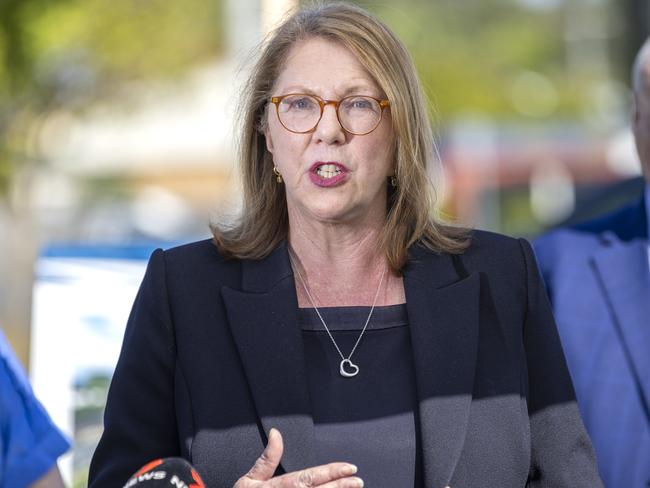
Assistant Minister for Health and Aged Care Ged Kearney’s seat of Cooper lost 1300 students, at a cost of $95m, and Daniel Mulino’s seat of Fraser, saw 1128 fewer students enrolled, at a cost of $82m.
Six of the universities affected by the crackdown on international students were in Coalition-held seats, at a loss of $231m, and two in electorates held by independents, at a cost of $81m.
Universities Australia chief executive Luke Sheehy urged senators to abandon the “brutal mechanism” that led to 55,372 fewer student visas being granted between December and June.
This was compared to the same period the year before when 175,200 visas were approved.
Though the government has promised to scrap the direction once legislation implementing the student caps is passed through parliament, Mr Sheehy called on Labor to reverse the measure now.
“There are another 38 days until parliament sits in November, putting the further economic hit of MD107 at $722m, if not more,” he said in a submission to a Senate committee examining the legislation.
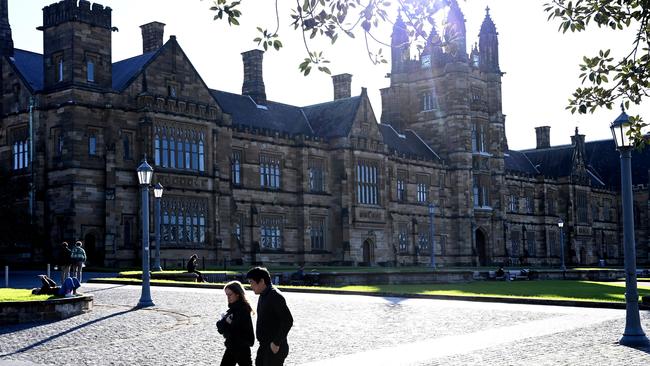
“In moving to legislate powers to reduce the number of international students entering Australia, the government is bowing to political pressure from the Coalition in a bid to neutralise a battle over migration and housing ahead of the next election. The government’s determination to succeed in this endeavour is coming at an enormous cost to our economy and Australia’s universities.”
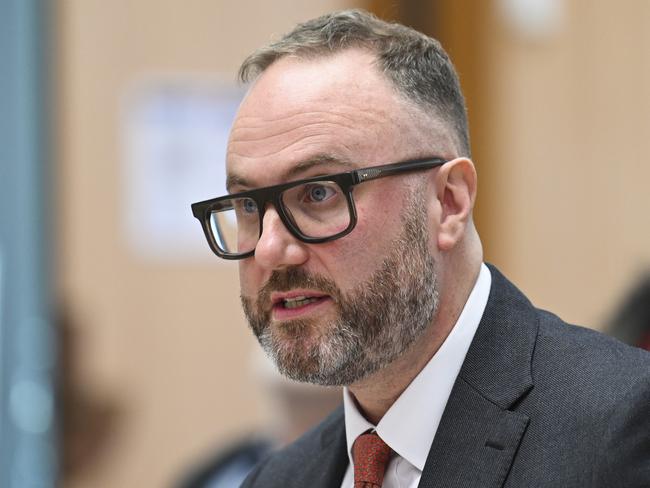
Mr Sheehy said Direction 107 had mostly impacted universities in regional and outer suburban areas – which often overlap with traditional Labor heartland – and was doing “more harm than good”.
“It is also inflicting serious financial harm on Australia’s universities, particularly those in regional Australia and outer suburban areas,” he said.
“Universities have come to rely on international student fees to fund their operations due to a shortfall in government funding for research, teaching and campus infrastructure.”
In a letter to university vice-chancellors, Education Minister Jason Clare said the government was committed to reducing net migration to pre-pandemic numbers, and international student caps would address concerns that students had been allocated unevenly.
“The legislation that is currently before the parliament provides certainty through giving each higher education provider a number of international students that can be enrolled and more evenly distributing these students through a better and fairer system,” Mr Clare said.
“This was done at the request of some vice-chancellors, who expressed concern about the consequences of Ministerial Direction 107.”





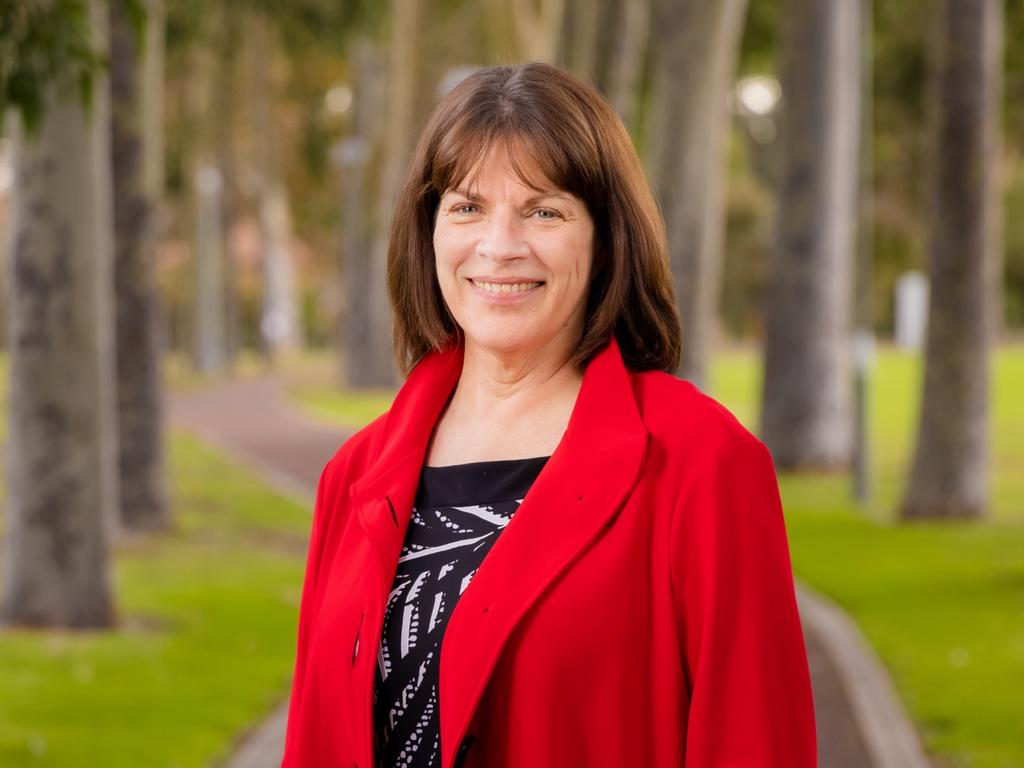


To join the conversation, please log in. Don't have an account? Register
Join the conversation, you are commenting as Logout